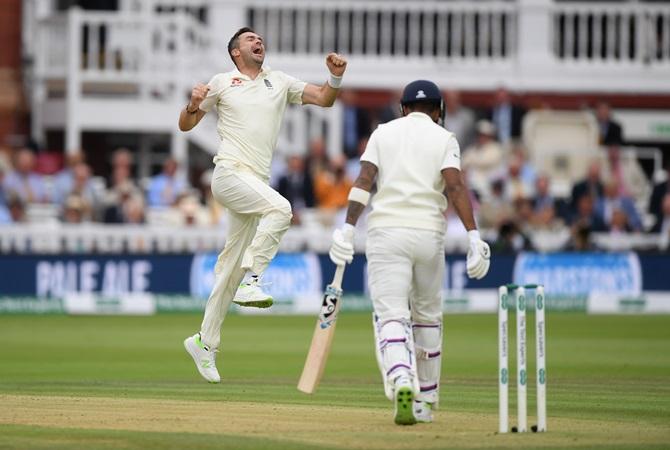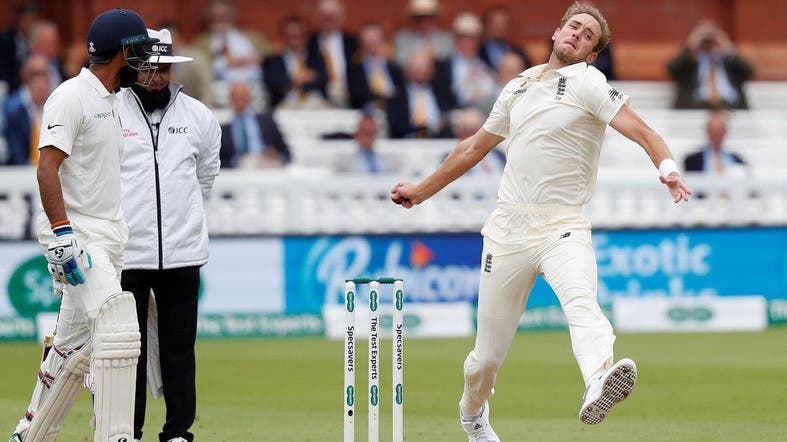Like many others (or should that be like everyone in the UK?), the first time I heard the word 'brexit' was sometime before the referendum in June 2016.
At the time, I remember having many conversations bemoaning the fact that Cameron and his colleagues had failed to come up with anything like as punchy a name as brexit for referring to enthusiasm for remaining in the EU.
Nor had their chums in PR and advertising.
Yet 'brexit' has now been in the Oxford English Dictionary since December, 2016 - 6months after the referendum.
On looking into where, when and from whom it came there's an irony about it's use by everyone from David Cameron, Teresa May ("Brexit means brexit"), through those who campaigned vigorously for it like Johnson, Farage, Gove, Duncan Smith, Grayling, etc. etc. etc.
The irony is that the word was not coined by any of them but by someone in favour of remaining in the European Union:
The
man who coined ‘Brexit’ first appeared on EURACTIV blog
By Matthew Tempest | EURACTIV.com Jan 10, 2017
The word ‘Brexit’ was coined by EURACTIV, according to the
latest edition of the Oxford English Dictionary,
way back in 2012, in a blog post by Peter Wilding.
The decision came in an update to the third edition of the dictionary, put together by some 50-60 lexicographers, and was put online last month. It gives the definition of the word as: “the (proposed) withdrawal of the United Kingdom from the European Union, and the political process associated with it”.
The decision came in an update to the third edition of the dictionary, put together by some 50-60 lexicographers, and was put online last month. It gives the definition of the word as: “the (proposed) withdrawal of the United Kingdom from the European Union, and the political process associated with it”.
He wrote about "Brexit" in May 2012, eight months before the then Prime Minister David Cameron had announced he would be holding a referendum.
"Unless a clear view is pushed that Britain must lead in Europe at the very least to achieve the completion of the single market then the portmanteau for Greek euro exit (Grexit) might be followed by another sad word, Brexit," he predicted.


